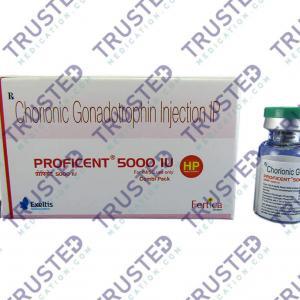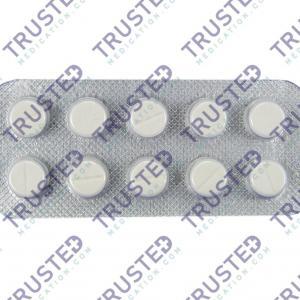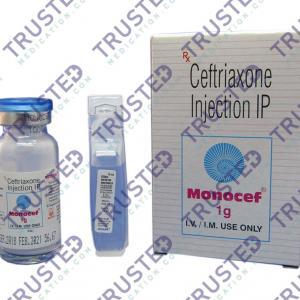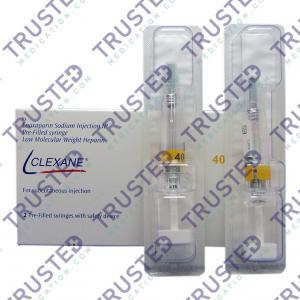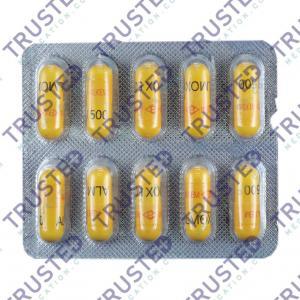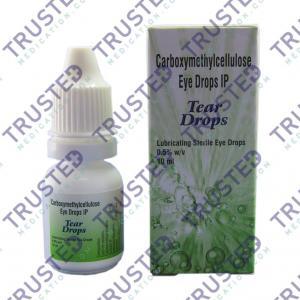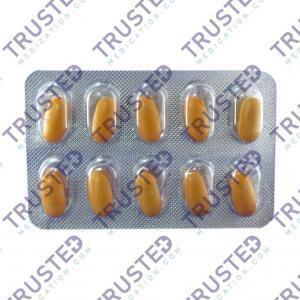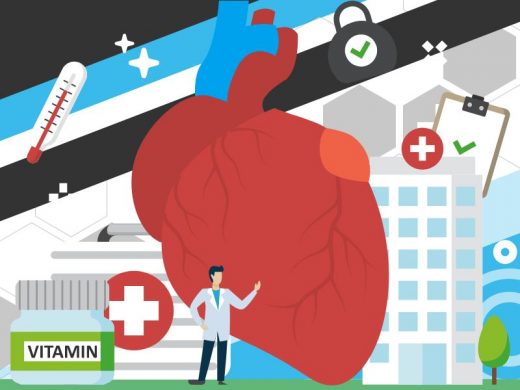
Hypertension is called the silent killer because it often has no warning signs or symptoms and patients do not realize they have hypertension. Since the disease is discrete, patients should monitor their blood pressure regularly or get their blood pressure checked regularly.
The home health clinician’s primary role in hypertension care is to educate, give advice, and monitor blood pressure readings. It is important to focus patient education on changes related to diet, physical activity, weight, stress, smoking, and alcohol consumption.
Symptoms of Hypertension
- Severe headaches
- Nosebleed
- Confusion and fatigue
- Vision problems
- Trouble in breathing
- Chest pain
- Irregular heartbeat
- Blood in the urine
- Pounding in your chest, neck, or ears
Seek medical help if symptoms include:
- Dizziness
- Nervousness
- Sweating
- Trouble in sleeping
- Facial flushing
- Blood spots in the eye
If you have any of these symptoms, see a doctor immediately. You could be having a hypertensive crisis that could lead to a heart attack or stroke. These are also indications of other health conditions.

The Risk Factors of Hypertension
- Excessive salt consumption
- High intake of saturated fat
- Low intake of fruits and vegetables
- Sedentary lifestyle
- Smoking and alcohol consumption
- Obesity or overweight
- Family history of hypertension
- Diabetes
- Kidney disease
Five Categories of Hypertension
- Normal blood pressure. Your blood pressure is normal if it’s below 120/80 mm Hg.
- Elevated blood pressure. Elevated blood pressure is a systolic pressure ranging from 120 to 129 mm Hg and a diastolic pressure below 80 mm Hg.
- Stage 1 hypertension. Stage 1 hypertension is a systolic pressure ranging from 130 to 139 mm Hg or a diastolic pressure ranging from 80 to 89 mm Hg.
- Stage 2 hypertension. More severe hypertension, stage 2 hypertension is a systolic pressure of 140 mm Hg or higher or a diastolic pressure of 90 mm Hg or higher.
- Hypertensive crisis. A blood pressure measurement higher than 180/120 mm Hg is an emergency that requires urgent medical care.
How to diagnose Hypertension?
Your doctor will ask questions about your medical history and do a physical examination. Hypertension is diagnosed by getting your blood pressure using an inflatable arm cuff around your arm and measuring your blood pressure using a pressure-measuring gauge. Other diagnostic method includes a blood test, ECG, Echocardiogram, ambulatory monitoring, and urinalysis.
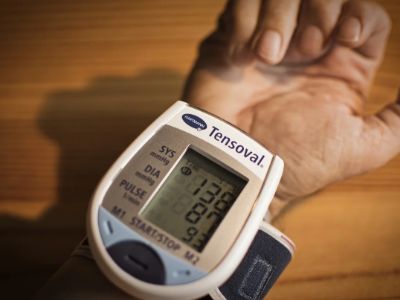
Homecare Treatment for Hypertension
- Tracking your blood pressure from time to time
- Modify your food choices and reduce salty and fatty foods
- Increase your intake of fruits and vegetables
- Incorporate light exercise activities
- Avoid smoking and limit your alcohol intake
- Maintain your medications to prevent other health conditions
Medications for Hypertension
The medications for hypertension depend on your blood pressure measurements and overall health. Doctors may use diuretics, calcium channel blockers, Angiotensin-converting enzyme inhibitors, and Angiotensin II receptor blockers. Typical medications for hypertension and other linked conditions are:

